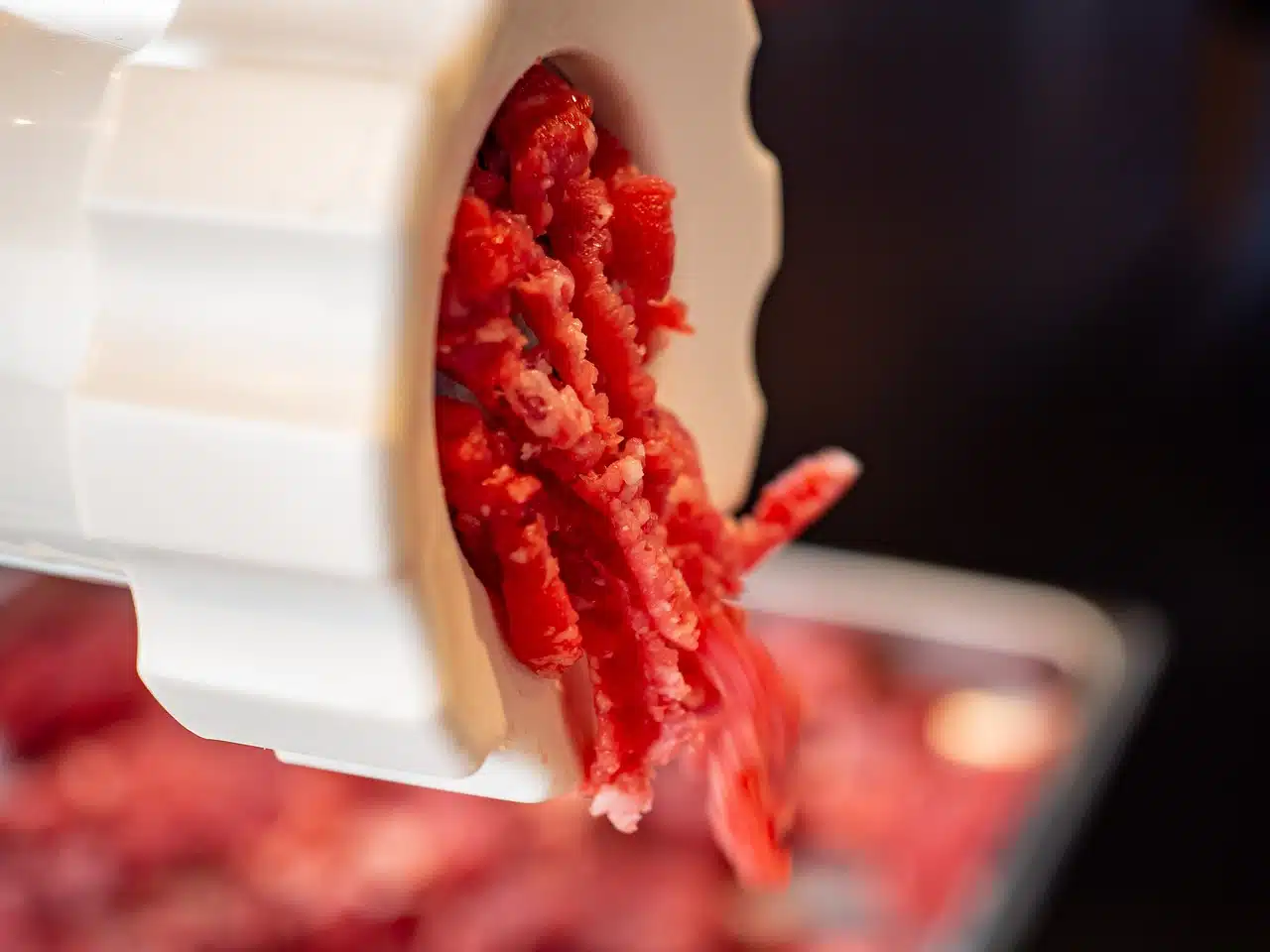
Food processing is one of the activities of the food industry.
The food industry is the industrial sector dedicated to the development of those processes that are linked to food . The concept refers to the transfer, processing, storage and conservation of products that are intended for both animal and human consumption.
Agriculture , livestock , aquaculture and fishing are activities that are part of the food industry since they make it possible to obtain raw materials that are used as food. In any case, many other disciplines and specialties can intervene in the different stages of the processes carried out.
Meat in the food industry
Meat is one of the most important products in the food industry . Cattle, pigs, lambs and different species of birds are exploited for meat, as are rabbits, wild boars and deer.
Beyond the meat that is sold fresh or frozen, this raw material is also used to make cold cuts and sausages such as sausages and ham. It is also used for the production of processed foods that are part of the so-called fast food , such as hamburgers.
Fish and shellfish are also meats. As with the others, refrigeration and/or the use of preservatives are essential to guarantee food safety and avoid poisoning.
It cannot be overlooked that there is an increasingly stronger movement demanding an end to the exploitation of animals by the food industry. Vegan activists insist that it is not necessary to end the lives of these living beings to guarantee human nutrition since it is possible to replace meat with vegetables.
dairy products
Dairy products are also relevant in the food industry. Among them, milk , cheese , yogurt and lard or butter stand out.
Due to their contributions to nutrition , dairy products are part of the daily diet of many people around the world. They even tend to be an essential part of children's nutrition . However, vegans – in the same way as with meat – oppose its consumption because, although they do not require the sacrifice of the animal that gives the milk, obtaining it implies a form of exploitation.

The food industry can resort to freezing to prevent deterioration of its products.
The bakery in the food industry
The bakery in the food industry is transcendental due to the volume of business it implies. The sale of bread is massive in most countries, although there are also other very popular products such as cookies and cakes .
Pastries , pastries or confectionery is another branch that is related to baking. Chocolates , candies and various sweets and sweets are frequently consumed although they do not make great nutritional contributions and can even be harmful to health when ingested in excess.
The oils
Oils are fatty liquids with multiple uses. The food industry offers them since they are used for cooking and seasoning.
Sunflower oil , corn oil , olive oil , peanut oil , palm oil , and soybean oil are some of the options. These are products of plant origin that provide different benefits to the body.

French fries are among the most popular snacks in the food industry.
Beverages in the food industry
Beverages are also part of the food industry. Human beings, of course, need to eat and drink to survive.
Bottled water is essential when tap or piped water does not exist or is not drinkable. In this sense, the food industry plays a key role in people's daily lives.
Juices , soft drinks , and alcoholic beverages ( wine , beer, liqueur, and distillates such as whiskey, vodka, rum, and tequila) are also among these products that are produced on different scales.
The importance of healthy eating
The importance of healthy eating is central to well-being. Through food, people get the minerals, vitamins and other substances they need to enjoy good health.
The food industry, in this context, has a great social responsibility. Sometimes their products are harmful , either due to their natural properties or due to the inclusion of food additives such as certain colorants, sweeteners, thickeners, preservatives, stabilizers or emulsifiers, for example.
For marketing and commercial purposes, these harmful characteristics are often hidden or disguised. Faced with this reality, it is common for authorities to impose rules and regulations to make food industry processes transparent and make nutritional information clear.
Thus, companies are often forced to include warnings on the labeling or packaging of products. The idea is that consumers know what they are eating and can eat consciously.
There are products whose consumption is discouraged by nutritionists, such as snacks and ultra-processed foods . Instead, experts recommend including good amounts of cereals , legumes , fruits and vegetables in your daily diet .
It cannot be omitted to mention that, although there are suggestions of general application, the individual diet must be determined by a specialist based on the particular needs of the subject.
Innovation in the food industry
Innovation in the food industry allows the optimization of processes and the discovery of new food alternatives. Research and development tasks, in this way, can lead to a contribution to society.
The so-called food technology , for example, is aimed at analyzing the nature of food products to examine their qualities. With their contributions, we can determine how to slow down deterioration or how to optimize packaging, to name two possibilities.
The creation of fortified foods and food supplements , the development of baby foods (such as formula ) and the implementation of dehydration , pasteurization techniques and other procedures that enable an improvement in food quality are also achieved thanks to the application of technology in this industry.
